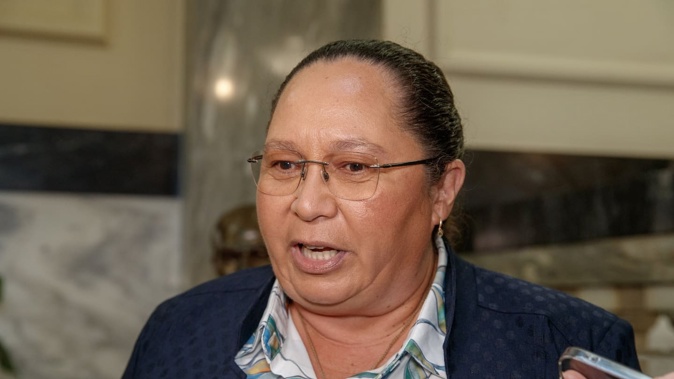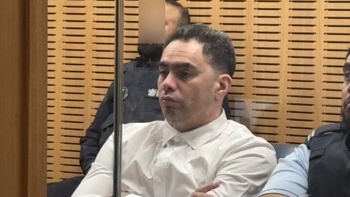
The Government’s new Three Strikes legislation has passed its third reading in Parliament.
The legislation, which contains several modifications to the previous Three Strikes law repealed by the Labour Government in 2022, was supported by the government parties but opposed by Labour, the Greens and Te Pati Māori.
The regime becomes applicable if an individual is found to have committed a qualifying offence and received a sentence above a particular level of severity. The first time this occurs, they receive a warning, at the second they aren’t eligible for parole, and on the third, they must serve the maximum penalty without parole.
The qualifying offences include a range of violent and sexual crimes, including the addition of new strangulation and suffocation offences.
While the Government initially set the sentence threshold at 24 months imprisonment, to ensure the regime was reserved for the most serious cases, it made a change in response to submissions that it was set too high.
The threshold was reduced to 12 months imprisonment at the first strike but was kept at 24 months for the second and third strike.
Those who received strike warnings under the previous law which meets the qualifying thresholds will still have these strikes against them.
The Government has provided more judicial discretion when an offender is facing a mandatory consequence, to avoid any manifestly unjust outcomes.
“Reinstating the Three Strikes regime will help keep New Zealanders safer while sending a strong message to those who keep committing these serious crimes that they will face increasingly serious consequences,” said Associate Justice Minister Nicole McKee.
“We have worked hard to achieve the right balance between expanding the regime and making sure it targets serious offending, so that the Three Strikes regime is workable and endures.”
Labour’s justice spokesman, Duncan Webb, said the legislation was the result of the Government wanting to “pander to a small section of the community which it seeks to nourish its hateful approaches to law and order”.
He said it may lead to disproportionate sentences and not reduce the number of victims.
The Greens' Lawrence Xu-Nan said the legislation was a “KPI that is being ticked off at the expense of everybody in Aotearoa New Zealand”.
National MP James Meager, who also chairs Parliament’s justice select committee, said the legislation was “intensely focused on deterrence and detention” and the Government was taking other actions to support restorative justice.
New Zealand First MP Casey Costello said it was about dealing with individuals who commit “heinous crimes”.
“When you have looked in the eyes of the rape victim, when you have cleaned up the homicide scene, when you have seen the harm that is caused, and you tell them that this is a person that has already committed this several times before, then that’s why you know that sometimes punitive is exactly what we need to prevent the creation of further victims.”
Te Pati Māori’s Takuta Ferris spent much of his speech criticising what he said was a “racist” justice system that didn’t help Māori.
Now that the bill has passed through Parliament, it will need to receive its royal assent to become law. There will then be a six-month period before the regime begins to allow for operational changes.
Take your Radio, Podcasts and Music with you









